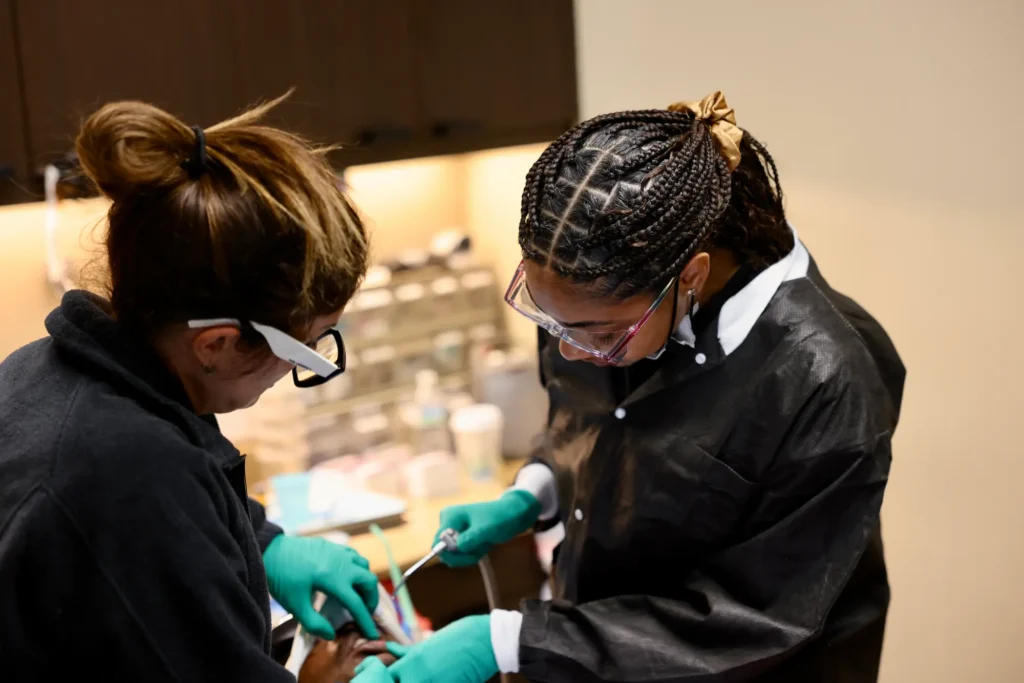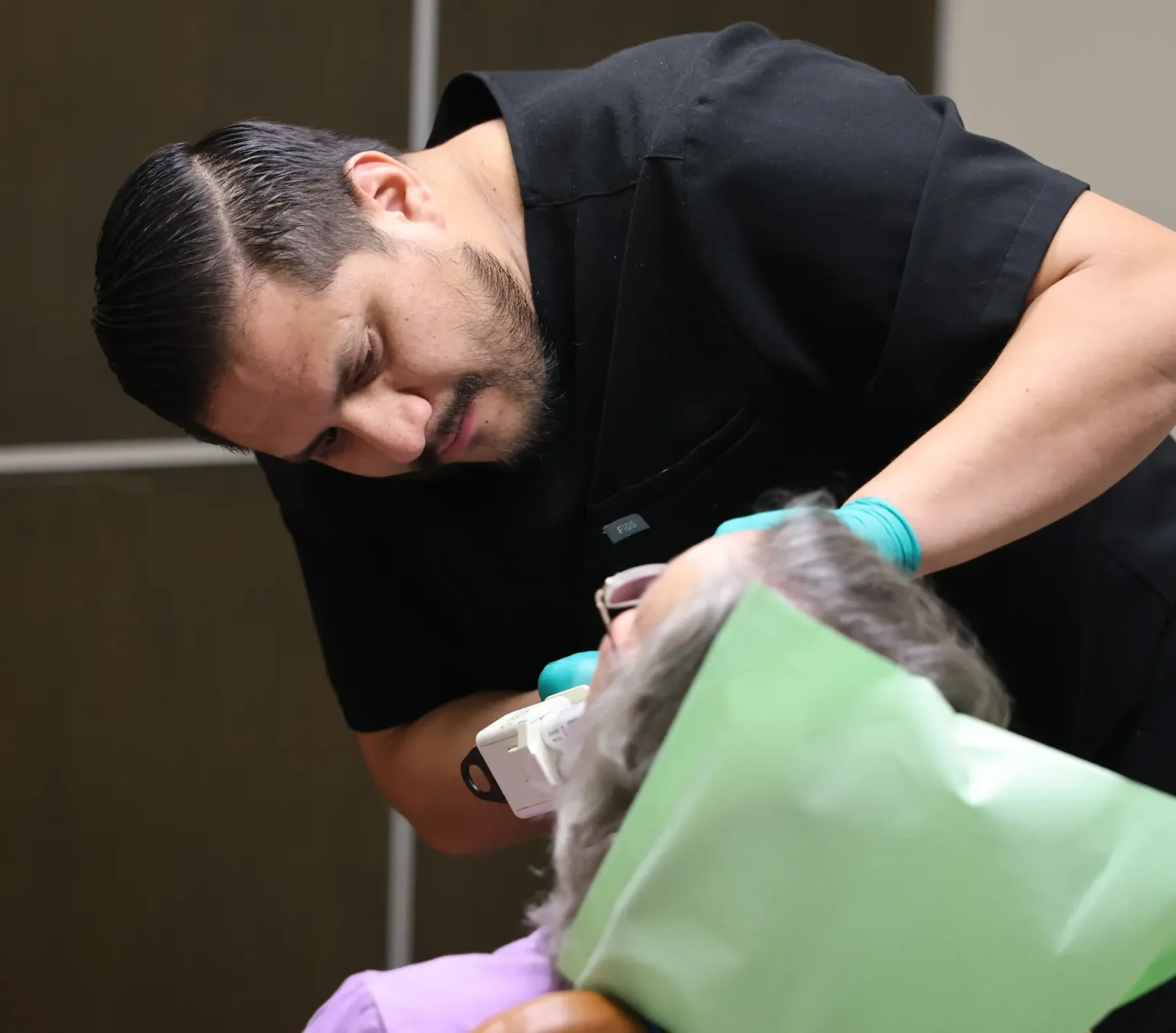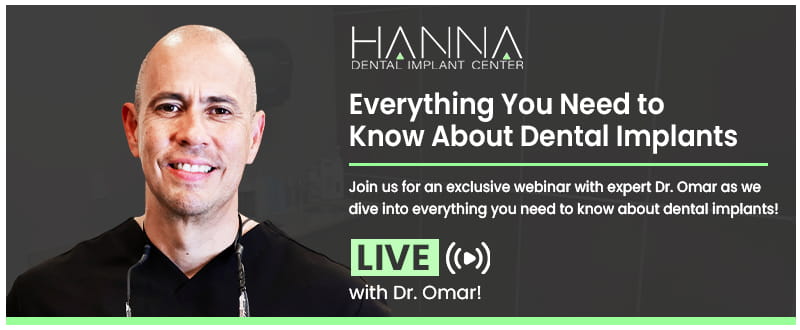When we have an earache, we usually think the problem must be our ears, right? But sometimes, the real issue begins in the mouth.
It might sound strange, but our teeth and ears share a connection. Pain from tooth problems can easily spread, causing discomfort in the ears, too. When you have cavities or gum disease, bacteria can travel through the body. Sometimes, they end up affecting the ears and causing infections.
Knowing this connection can help you find relief sooner. You don’t have to live with constant pain or worry about what’s wrong. Instead, understanding how dental health can affect the ears means we can take better care of ourselves.
Let’s discuss how teeth can cause ear infections in detail!
Key Takeaways
- Bad teeth can lead to ear infections because bacteria easily spread from the mouth to the ears.
- Dental issues like cavities, impacted wisdom teeth, and TMJ can trigger ear pain.
- Untreated dental infections may affect inner-ear health, causing dizziness or hearing problems.
- Lower molars and wisdom teeth commonly cause pain that reaches the ears.
- Hanna Dental Implant Center offers expert care, including dental implants and tooth extractions, to keep your smile and ears healthy.
Can Bad Teeth Cause Ear Infections?
Yes, bad teeth can cause ear infections.
When we don’t take good care of our teeth, harmful bacteria grow inside the mouth. These bacteria love hiding in cavities and infected gums. Over time, they can multiply and move deeper, causing infections.
For example, a tooth infection (called an abscess) can quickly spread and inflame the area near the ears. Suddenly, we feel pain or discomfort, even though the problem started with a tooth. Gum disease can do the same thing, causing swelling and tenderness that affects our hearing.
The Link Between Toothaches and Earaches
Toothaches and earaches often occur together. Pain from teeth can easily travel to the ears, and many people feel ear discomfort when they have tooth pain. This is because the nerves in our teeth and ears are closely connected. When a tooth is infected, the irritated nerve sends pain signals toward our ears, which is why an infected tooth can make our ears hurt.
Think about wisdom teeth, for instance. When they’re impacted or infected, the pain doesn’t stop in our mouth. It radiates upward, causing sharp or dull pain around the ears. Even regular toothaches from cavities can create a similar sensation.
Knowing about this connection helps us treat the right problem sooner.
Other Dental Issues That Can Cause Ear Pain

Ear pain isn’t only linked to toothaches and cavities. Other dental problems can quietly trigger ear discomfort, too.
When wisdom teeth don’t have enough room, they become impacted. This pressure builds up near the jaws and ears. Pain then spreads from deep inside the gums toward the inner ear, causing an uncomfortable ache.
Another cause of ear pain is TMJ disorder. TMJ is the joint that helps open and close the mouth. If this joint becomes irritated or swollen, the pain travels directly toward the ears. When this happens, you experience toothaches when chewing, talking, or even yawning.
Some dental work can sometimes cause ear pain afterward. After procedures like tooth extractions or fillings, swelling or inflammation can affect nerves close to our ears. The result is, however, temporary.
If you experience ear discomfort after dental procedures, wisdom teeth issues, or jaw stiffness, you need to take action early by seeing an experienced dental specialist.
Inner Ear Pain and Hearing Loss
Untreated dental infections do more than cause earaches. Sometimes, they quietly lead to deeper problems inside the ears. When bacteria travel from the mouth into the ears, they can affect delicate areas deeper inside. That’s where inner ear pain begins.
The inner ear is very sensitive and helps control our balance and hearing. If an infection reaches this area, it can cause dizziness or muffled hearing. At first, the signs can seem small, like a faint ringing or slight hearing trouble. But if left untreated, these small signs can become bigger issues.
The good news is that we can prevent these serious problems. Paying attention to early signs like tooth or ear pain helps us act fast. Plus, seeing a dental specialist early prevents infections from reaching the inner ear and protects your hearing.
How to Prevent Dental-Related Ear Problems
To prevent dental-related ear problems, you need to:
First, regular brushing and flossing make a huge difference. Brushing twice a day removes bacteria that cause cavities and infections. Flossing cleans between teeth, reaching places the toothbrush can’t. This daily routine stops bacteria before they spread toward the ears.
Next, regular dental checkups help catch issues early. Studies show that adults who visit their dental specialist every 3-6 months are less likely to experience dental issues. When you visit your specialist regularly, they spot problems before you even feel pain. Fixing a small cavity or infection quickly stops it from becoming a bigger problem later, especially one affecting the ears.
After dental work, pay extra attention to how your mouth and ears feel. Mild ear pain after treatment can happen. But if it doesn’t improve quickly, you should contact your dentist right away.
Taking these simple steps means fewer dental and ear problems. Good oral care today saves you from discomfort tomorrow and keeps both your smile and hearing healthy.
Protect Your Ears by Caring for Your Teeth!
Learning that dental problems can cause ear infections might feel surprising. But understanding this connection helps us protect both our smile and hearing.
It starts with simple daily habits at home. Brushing twice every day, flossing regularly, and using mouthwash all help fight bacteria. These small actions protect your teeth, gums, and ears from infections.
Visiting Hanna Dental Implant Center regularly ensures your smile stays healthy. Our experts offer gentle tooth extractions, high-quality dental implants, preventative dentistry as well as other dental-related treatments.
Contact us now to get started!
Frequently Asked Questions
How do you know if a tooth infection has spread to your ear?
If you’re experiencing ongoing tooth pain combined with ear discomfort, your infection may have spread. You might notice ear pressure, jaw swelling, fever, dizziness, or even trouble hearing clearly. These signs mean it’s time to see a dental specialist quickly to prevent the infection from getting worse.
Can a tooth problem cause ear problems?
Yes. Tooth issues like cavities, infections, impacted wisdom teeth, and TMJ disorders often lead to earaches. The nerves connecting our teeth, jaw, and ears allow pain to easily travel between these areas. Keeping your teeth healthy helps protect your ears, too.
How do you tell if an earache is from a tooth?
An earache caused by dental problems usually comes with extra symptoms. If your ear pain happens along with tooth sensitivity, jaw tenderness, swollen gums, or pain when eating, your teeth are likely the source. Visit your dental specialist to confirm exactly what’s causing your discomfort.
Which tooth pain radiates to the ear?
Typically, pain from infected or impacted lower molars, including wisdom teeth, radiates toward the ear. Lower back teeth share nerve pathways closely connected to the ears, making it common for their pain to spread. Getting early treatment for these teeth helps prevent ongoing ear discomfort.



